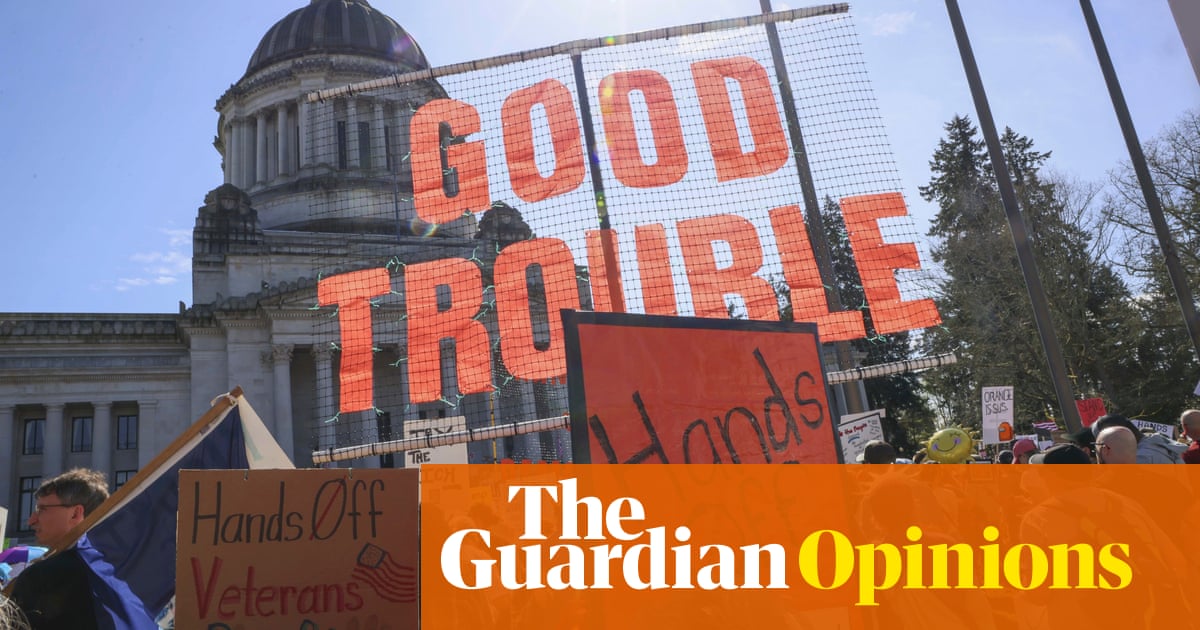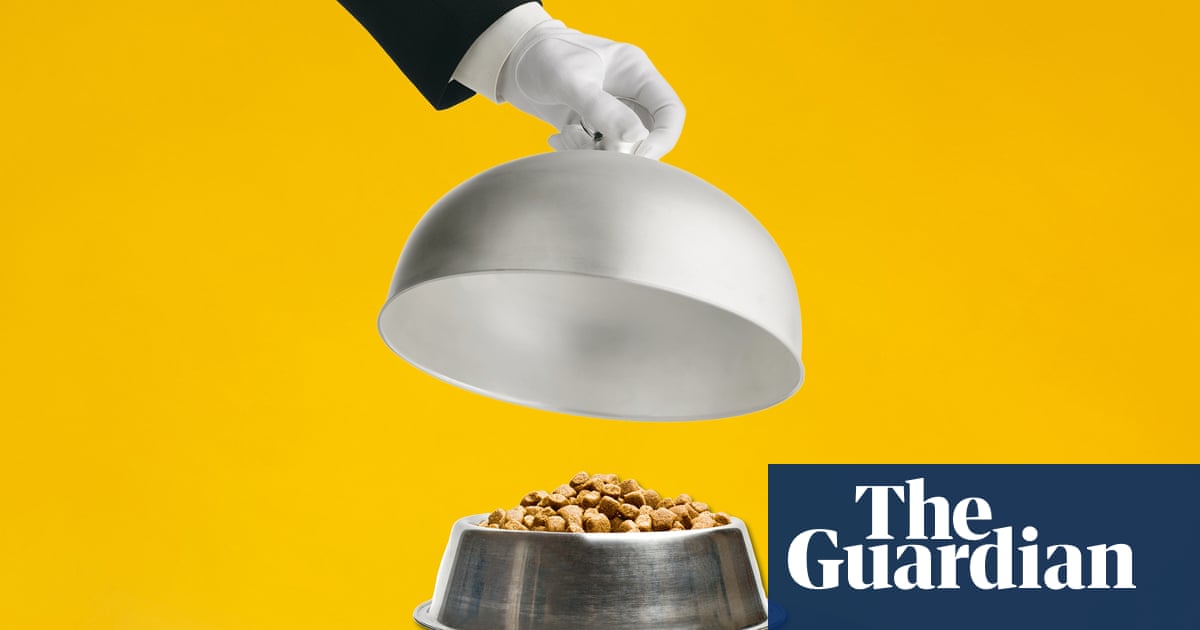Shares in the owner of Primark fell after the budget clothing chain posted a sharp drop in UK sales and lost market share, as the company warned that consumer confidence was likely to worsen further amid Donald Trump’s trade wars.
Associated British Foods (ABF), which also owns a sugar business and food brands such as Ryvita and Kingsmill, said several countries could slide into recession as a result of US trade policy.
“Sentiment is unlikely to improve as markets continue to face uncertainty and instability following recent tariff announcements by the US, retaliatory actions by China and the risk of further tariff trade wars,” ABF said. “Consumer confidence could deteriorate further as a number of countries, including the US, face the risk of recession that could increase individuals’ debt problems.”
The warning came as Primark posted a 6% decline in comparable sales in the UK and Ireland in the 24 weeks to 1 March, despite strong sales growth over the Christmas period. Its share price fell by more than 9% in early trading, and were later down by 6.5%.
Last month, Primark’s longstanding boss Paul Marchant resigned after an allegation made by a woman about his behaviour towards her in a social situation. He admitted an “error of judgment”. On Tuesday, the company said the search for a permanent successor was under way.
The company said the overall UK clothing market was down, reflecting cautious consumer confidence and “a lack of seasonal purchasing catalyst in the autumn months due to mild weather”. Shopping within Primark’s customer base was especially weak and it lost some market share as a result.
However, the company said that there were some early signs of improvement in recent weeks in the UK.
Primark’s overall sales grew by 1%, aided by countries including the US, Spain, Portugal, France, Italy, and central and eastern Europe, where the budget retailer has been opening new stores.
ABF’s group revenues dipped by 2% to £9.5bn and adjusted profit before tax fell by 10% to £818m, as its sugar division struggled and made an operating loss after a sharp fall in prices.
The company hopes that new tariffs on small shipments into the US might encourage shoppers to visit its stores there. It has 29 Primark stores in the US, and hopes to increase that to 60 by the end of 2026.
George Weston, the ABF chief executive, said the company remained committed to that plan, and suggested that the end of the “de minimis” rule – under which packages worth less than $800 (£597) did not qualify for any taxes or tariffs – could help sales as competitors are forced to raise prices.
after newsletter promotion
“De minimis imports in the US are very, very large, they supply a lot of Americans who don’t know about Primark yet but are looking for value,” he said. “With prices going up from this part of the trade, I wonder if some Americans might start going back to shopping centres to find value there.”
ABF threatened to close its UK bioethanol plant Vivergo unless the government steps in to change regulations. Vivergo has cut production because of continued lower prices for bioethanol, resulting in an operating loss over the past six months. The group said that the way in which regulations were applied to bioethanol were undermining the commercial viability of its business.
“We are having constructive discussions with the UK government to explore regulatory options to improve the position,” it said. “There is no guarantee that these discussions will be successful, and we will either mothball or close the Vivergo plant if necessary.”
Aarin Chiekrie, an equity analyst at Hargreaves Lansdown, said Primark’s revenue was “struggling to gain momentum” but recent good weather could improve footfall and sales. However, he added that the chain was “relying on overseas growth to prop up performance”.

 5 hours ago
8
5 hours ago
8













































